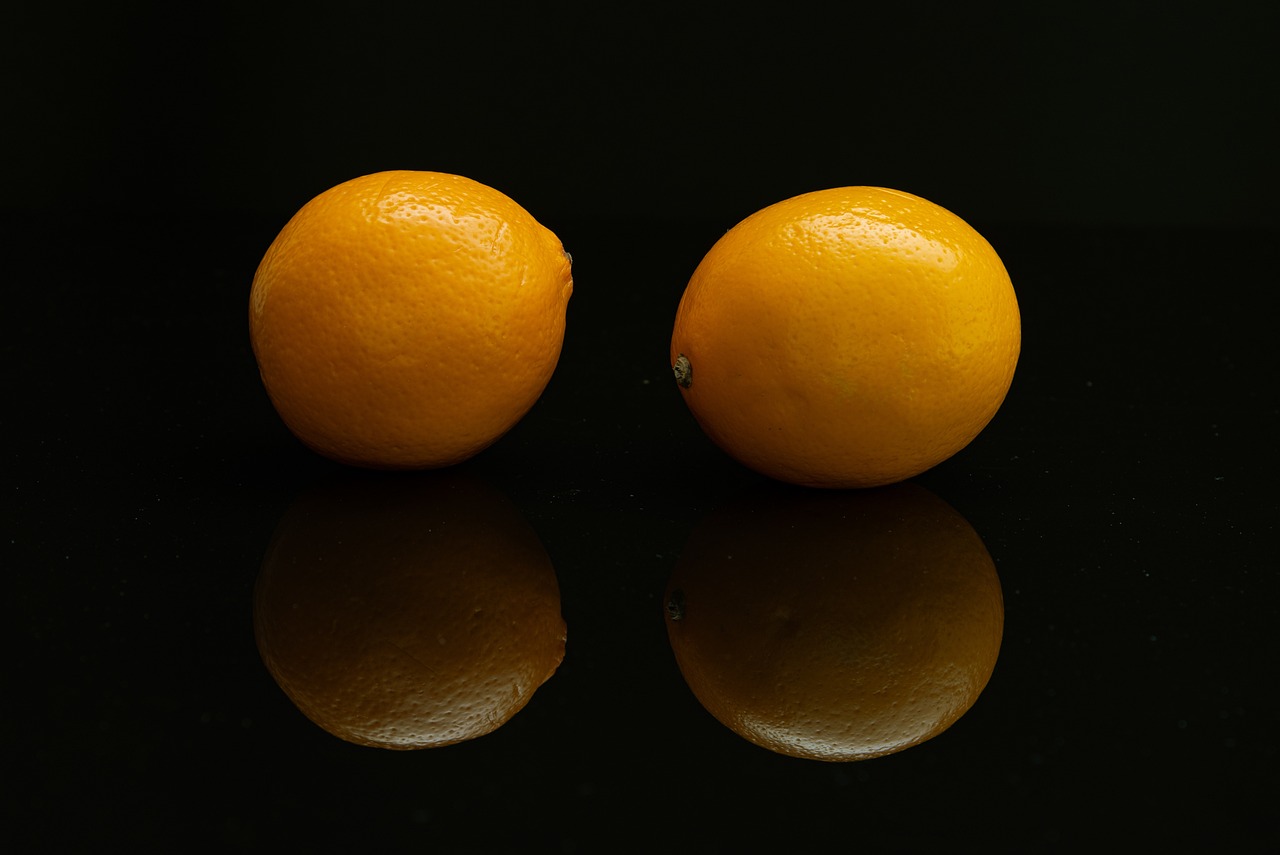The Role of Vitamin B7 (Biotin) in Hair and Skin Health
Biotin, also known as vitamin B7, is a water-soluble vitamin that plays a crucial role in maintaining healthy hair growth. This essential nutrient helps in metabolizing amino acids, which are the building blocks of protein. Since hair is made up of a protein called keratin, a biotin deficiency can lead to hair thinning and loss.
By incorporating biotin into your diet or through supplementation, you can promote stronger and thicker hair growth. Regular intake of biotin not only supports the production of keratin but also improves the elasticity of hair strands, reducing the chances of breakage and split ends. Additionally, biotin aids in the promotion of new hair growth and rejuvenates dormant hair follicles, leading to a fuller and healthier mane.
How Biotin Supports Healthy Skin
Biotin, also known as vitamin B7, plays a crucial role in maintaining healthy skin. This water-soluble vitamin aids in the production of fatty acids and supports the metabolism of amino acids essential for maintaining skin health. Biotin deficiency can manifest as dry, itchy skin or rashes, emphasizing the importance of ensuring adequate levels of this vitamin in your diet.
In addition to promoting skin health, biotin contributes to the maintenance of a youthful appearance. By supporting the production of keratin, a protein essential for healthy hair and nails, biotin helps in preventing signs of premature aging, such as brittle nails and thinning hair. Incorporating biotin-rich foods or supplements into your daily routine can help you achieve radiant, glowing skin and maintain overall skin health.
How does biotin support healthy skin?
Biotin plays a crucial role in the health of your skin by helping to maintain a strong and protective barrier. It also promotes the production of fatty acids that nourish and hydrate the skin.
Can biotin improve the appearance of my skin?
Yes, biotin can help improve the overall appearance of your skin by promoting a healthy complexion, reducing dryness, and supporting the skin’s natural repair process.
How much biotin should I take for healthy skin?
The recommended daily intake of biotin for healthy skin is typically around 30-100 micrograms. However, it is always best to consult with a healthcare provider before starting any new supplement regimen.
Are there any side effects of taking biotin for skin health?
Biotin is generally considered safe for most people when taken in recommended doses. However, some individuals may experience minor side effects such as nausea or digestive issues. If you experience any adverse reactions, discontinue use and consult with a healthcare provider.
Can biotin help with skin conditions like acne or eczema?
While biotin can support overall skin health, it may not specifically target or cure skin conditions like acne or eczema. It is always best to consult with a dermatologist for a personalized treatment plan for these conditions.







